The Marine Environmental Observation Prediction and Response (MEOPAR) network and Irving Shipbuilding Inc. have partnered to award $1.8 million in support of nine new ocean research projects that align with MEOPAR’s aim to strengthen Canada’s ability to anticipate and respond to marine risk.
“Irving Shipbuilding’s $1 million contribution in support of progressive, coast-to-coast-to-coast marine research highlights the importance of effective industry and academic partnerships,” said MEOPAR Scientific Director Dr. Douglas Wallace. “As a result of their investment, MEOPAR contributed $800,000 to support these nine research projects, which also leveraged a further $2 million from 27 contributing partners.”
MEOPAR’s Research Management Committee (RMC) issued a call for proposals in August, 2015 to solicit project proposals. Applicants were encouraged to submit proposals that develop and/or apply new technologies or approaches to advance environmental observation, safe operations and/or emergency response on Canada’s coasts and oceans. The successful projects were selected by the RMC.
“The National Shipbuilding Procurement Strategy Value Proposition investments grow and sustain Canada’s shipbuilding industry,” said the Honorable Navdeep Bains, Minister of Innovation, Science and Economic Development. “These investments will help us to understand changes to our marine environment, but also how these changes affect our marine industries. They demonstrate how we can work together to protect our environment while growing our economy."
Irving Shipbuilding’s funding is pursuant to its Value Proposition obligation under the National Shipbuilding Procurement Strategy, whereby Irving Shipbuilding is committed to spending 0.5 percent of contract revenues with the aim of creating a sustainable marine industry across Canada.
“Ensuring Canada has a sustainable and vibrant marine industry is a priority for Irving Shipbuilding under the National Shipbuilding Procurement Strategy,” said Kevin McCoy, president of Irving Shipbuilding.
The nine primary investigators leading the projects are based at six Canadian universities. Altogether, the projects will involve 48 partner organizations (27 of whom are also contributing financially to the project) and will create 57 student and recent graduate research positions at 12 universities across Canada. Research, collaborative work and/or community engagement related to the projects will occur in nine Canadian provinces and two territories, including regions of the Canadian Arctic.
The selected projects are:
- Prioritizing Threat Management Strategies to Ensure Long-term Resilience of the Fraser River Estuary - Julia Baum, University of Victoria
- Assisting Fisheries Management by Integration of Data from Non-Specialized Assets, Ferries, Citizens & Satellites - Maycira Costa, University of Victoria
- Arctic Marine Activities Integration & Synthesis Project (AMAIS): Enhancing Ocean Governance Through the Northern Marine Transportation Corridors - Jackie Dawson, University of Ottawa
- Observing and Responding to Pressures on Arctic Marine Ecosystem Services - Brent Else, University of Calgary
- Testing New, Innovative & Affordable Technologies for Monitoring & Visualizing the Impacts of Sea Level Rise, Erosion & Storm Surges on Coast Environments - Adam Fenech, University of Prince Edward Island
- Ocean Observation using Microbial Genomics: A new Baseline tool for Environmental Effects Monitoring of Marine Pollution - Casey Hubert, University of Calgary
- Continuous Assessment of Plankton Abundance and Community Structure in Canadian Coastal Waters with a Novel, Flow-Through, High-Throughput Holographic Microscope Operated on Volunteer Observing Ships - Julie Laroche, Dalhousie University
- Monitoring Marine Plastics in Canada’s North - Max Liboiron, Memorial University of Newfoundland
- Safer Shipping through Summer Sea Ice: New Synthetic Aperture Radar (SAR) Based Tools for Monitoring and Predicting Sea Ice Conditions - Randy Scharien, University of Victoria




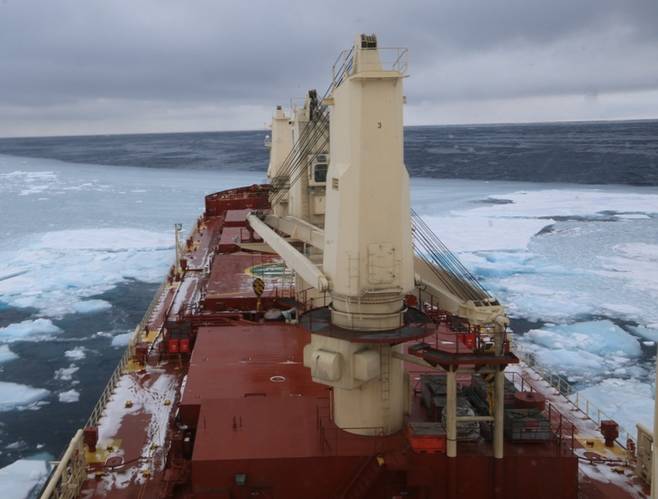
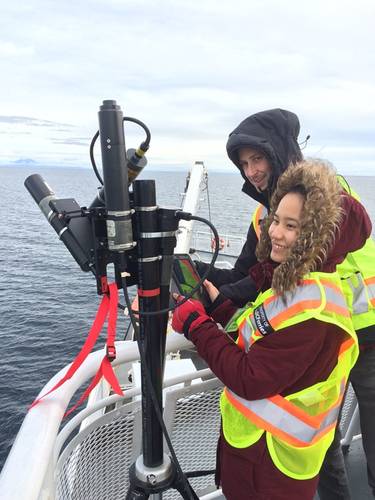
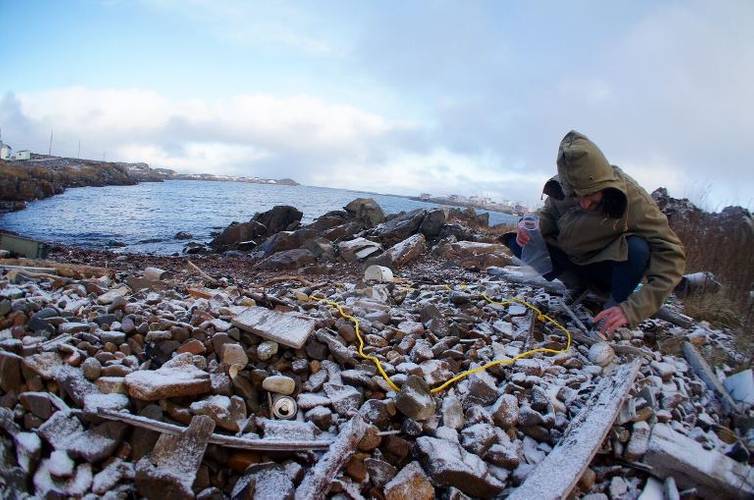
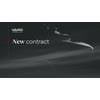
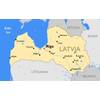

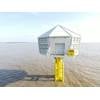

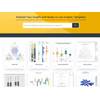






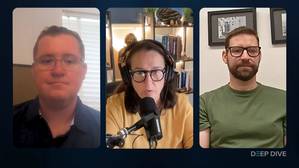
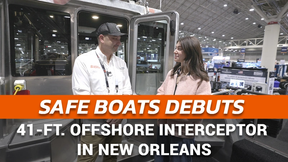
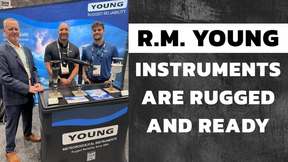
 December 2025
December 2025



